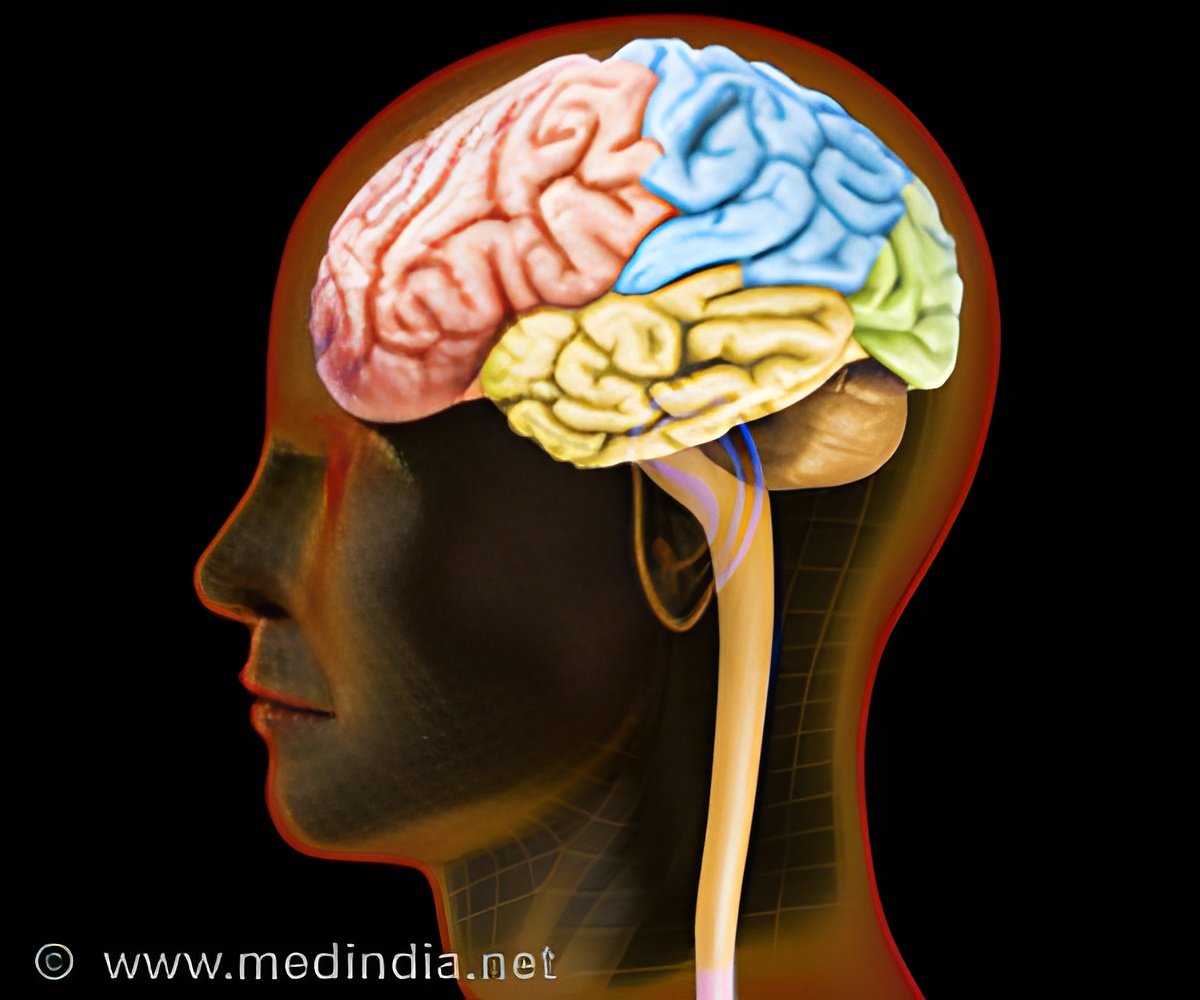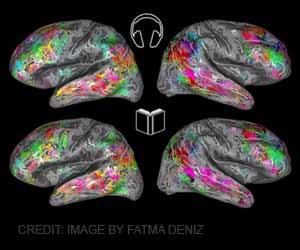
‘The evolution of cooperation, which is key to a prosperous society, is intrinsically linked to the idea of social comparison.’
Tweet it Now
"Our results suggest that the evolution of cooperation, which is key to a prosperous society, is intrinsically linked to the idea of social comparison - constantly sizing each up and making decisions as to whether we want to help them or not," said lead author Roger Whitaker, Professor at Cardiff University in Britian. According to the social brain hypothesis, the disproportionately large brain size in humans exists as a consequence of humans evolving in large and complex social groups.
"Our new research reinforces this hypothesis and offers an insight into the way cooperation and reward may have been instrumental in driving brain evolution, suggesting that the challenge of assessing others could have contributed to the large brain size in humans," explained Robin Dunbar, Professor at University of Oxford.
Further, the study could also have future implications in engineering, specifically where intelligent and autonomous machines need to decide how generous they should be towards each other during one-off interactions, the researchers revealed in the work published in the journal Scientific Reports.
"The models we use can be executed as short algorithms called heuristics, allowing devices to make quick decisions about their cooperative behaviour," Whitaker said, adding, "new autonomous technologies, such as distributed wireless networks or driverless cars, will need to self-manage their behaviour but at the same time cooperate with others in their environment."
Advertisement
In each round of the donation game, two simulated players were randomly selected from the population. The first player then made a decision on whether or not they wanted to donate to the other player, based on how they judged their reputation.
Advertisement
Source-IANS








